Gradhoc
Retail:
cooling technology
Smart refrigeration, cooler future
Request a demo or a quote
Request a demo adapted both to your sector and to your digital transformation process.
Refrigeration systems represent a significant portion of the total energy expenditure in commercial spaces. Refrigeration equipment and cold storage furniture can account for up to 65% of the total energy costs of a large retail establishment.
Consumers demand healthy products with guaranteed food safety and minimal environmental impact.
Refrigeration can account for up to 65% of the total energy cost
Gradhoc
Retail sector
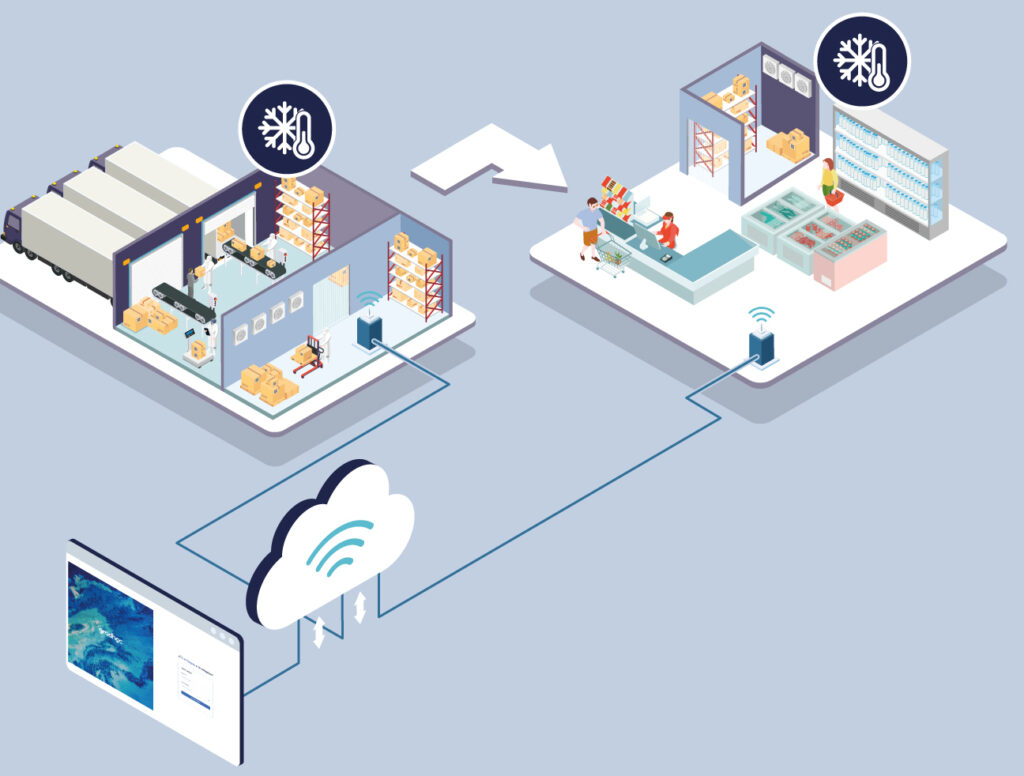
Retail 5.0 involves transitioning towards energy efficiency, with consumption tailored to the contracted power and the operational and process needs of each supermarket.
This shift moves away from the traditional refrigeration model, characterized by a lack of data and 100% field-based maintenance, towards a refrigeration model with 70% self-executable actions and efficient energy management.
The current rapid technological advancement provides the retail sector with business intelligence tools enhanced by artificial intelligence, facilitating the integration of commercial refrigeration as a crucial component to enhance the customer shopping experience, reduce carbon footprint, and lower energy costs.
The new refrigeration strategy for retail must incorporate a real-time data measurement and analysis system, enabling cost optimization through continuous improvement initiatives. This is achieved by developing predictive and optimization systems that execute intelligent, self-executable actions.
Reduce the percentage of field interventions
(corrective actions) from 100% to 30%
Implement preventive and predictive maintenance
online for the remaining 70%
Gradhoc
We understand your concerns
The retail sector frequently encounters several critical challenges pertaining to resource optimization, infrastructure integrity, and facility administration, all of which profoundly affect the security and reliability of the food supply chain. In particular, refrigeration systems within this sector often exhibit suboptimal performance and inefficiencies. Maintenance for these systems is largely reactive, with corrective actions being undertaken post-failure and manual intervention occurring approximately 80% of the time.
Consequently, we delineate these challenges into four principal categories: food quality and safety, maintenance practices, and energy consumption along with environmental considerations.
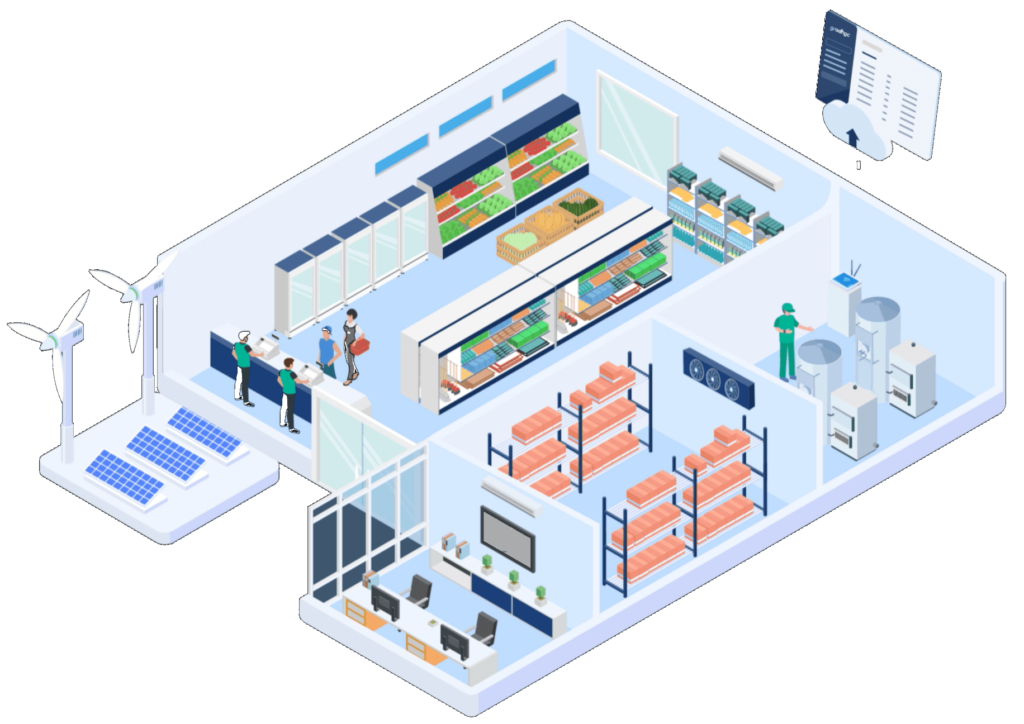

Food quality & safety
Maintenance
Energy

Environment
Food quality and safety


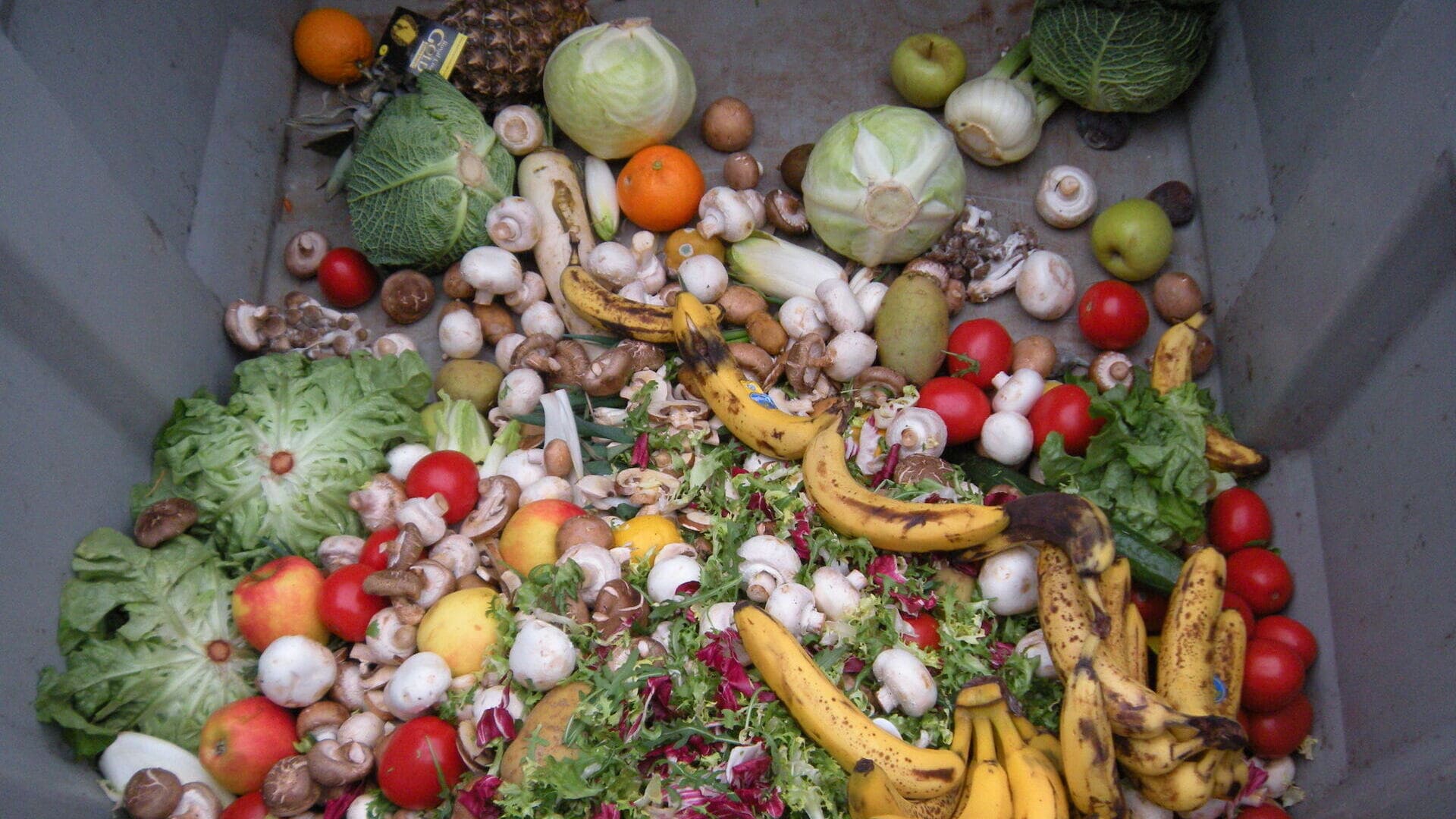

Maintenance


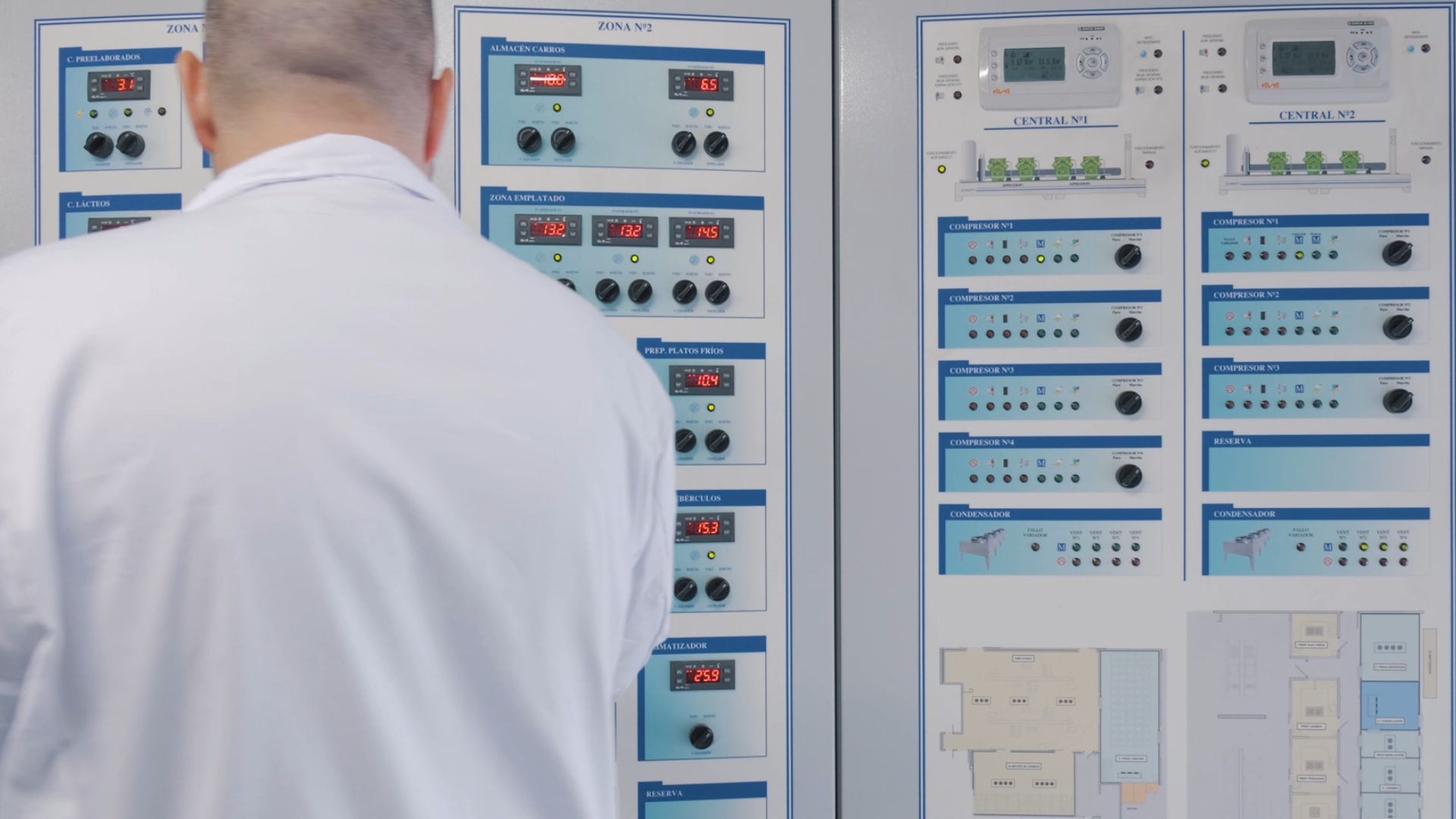
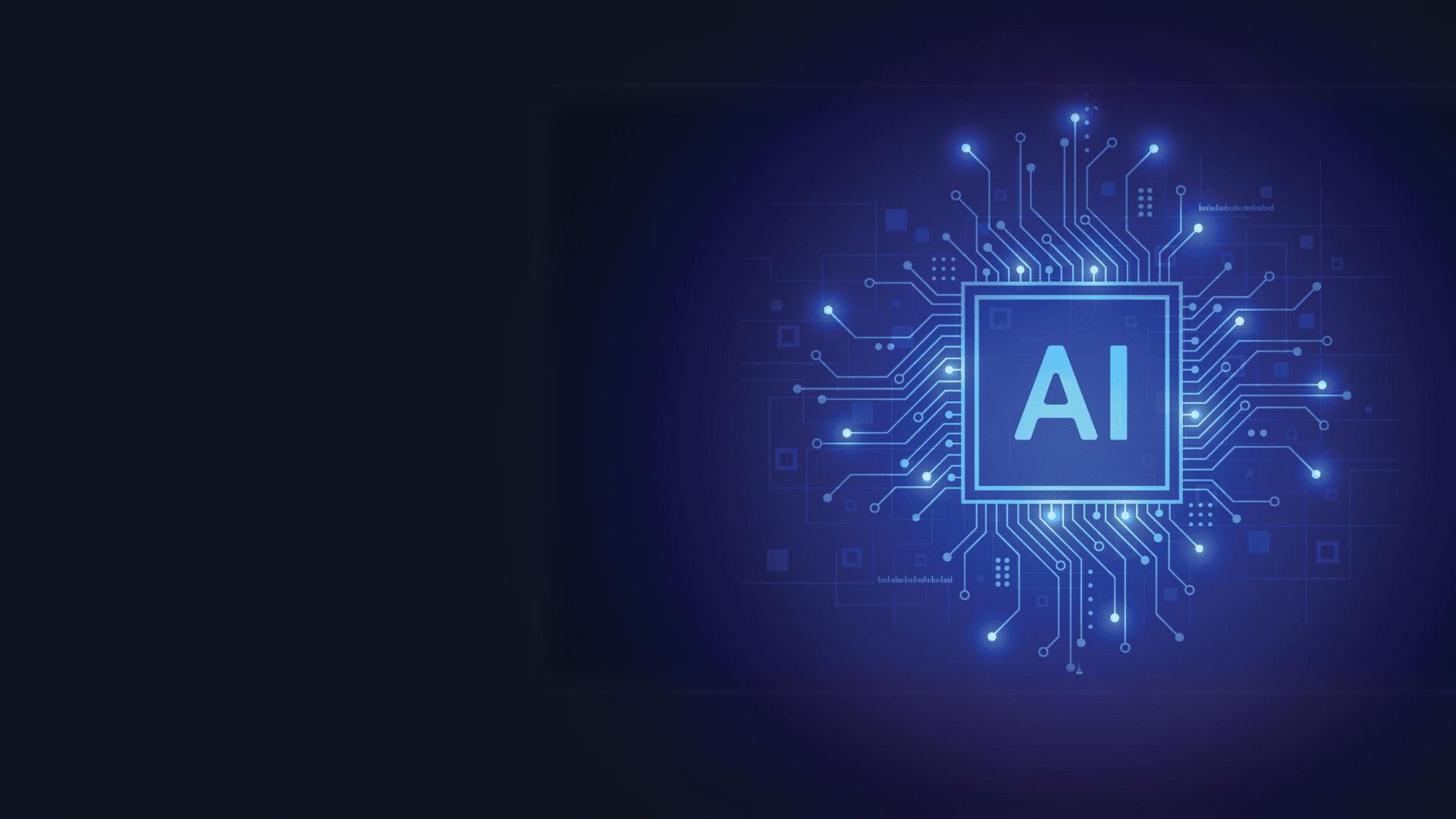
Energy


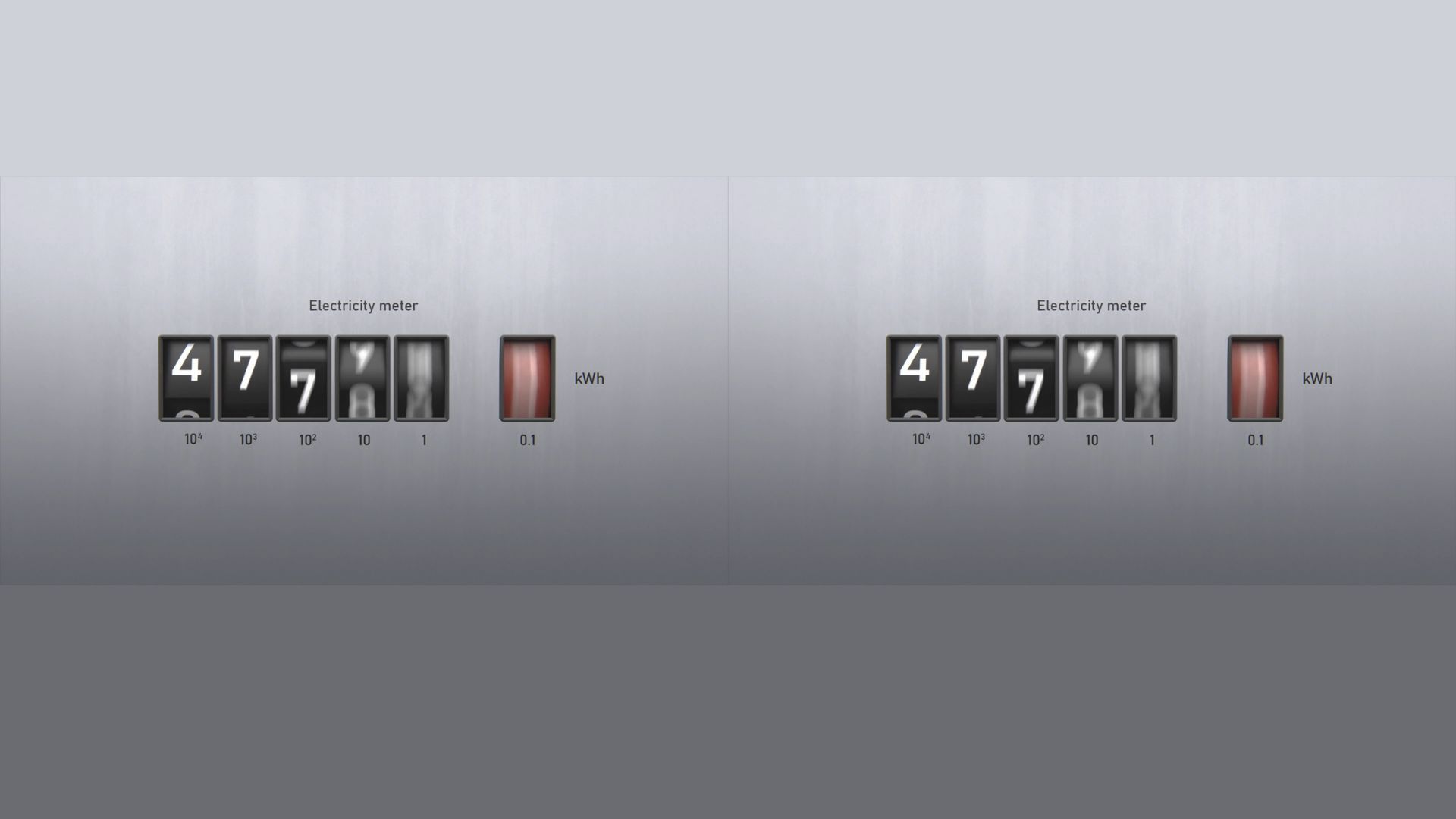

Environment




Gradhoc
With Gradhoc you overcome these challenges
Gradhoc offers you all these advantages to overcome your current and future challenges: Technology for food preservation at the wowest possible cost.
Gradhoc is a cloud software that optimizes the operation of the refrigeration installation and performs preventive/predictive maintenance, acting automatically before the failure occurs.
Gradhoc
Applications in retail sector
The commercial refrigeration sector encompasses all food distribution activities, including supermarkets, hypermarkets, and large retail outlets, logistics distribution centers.
Software features
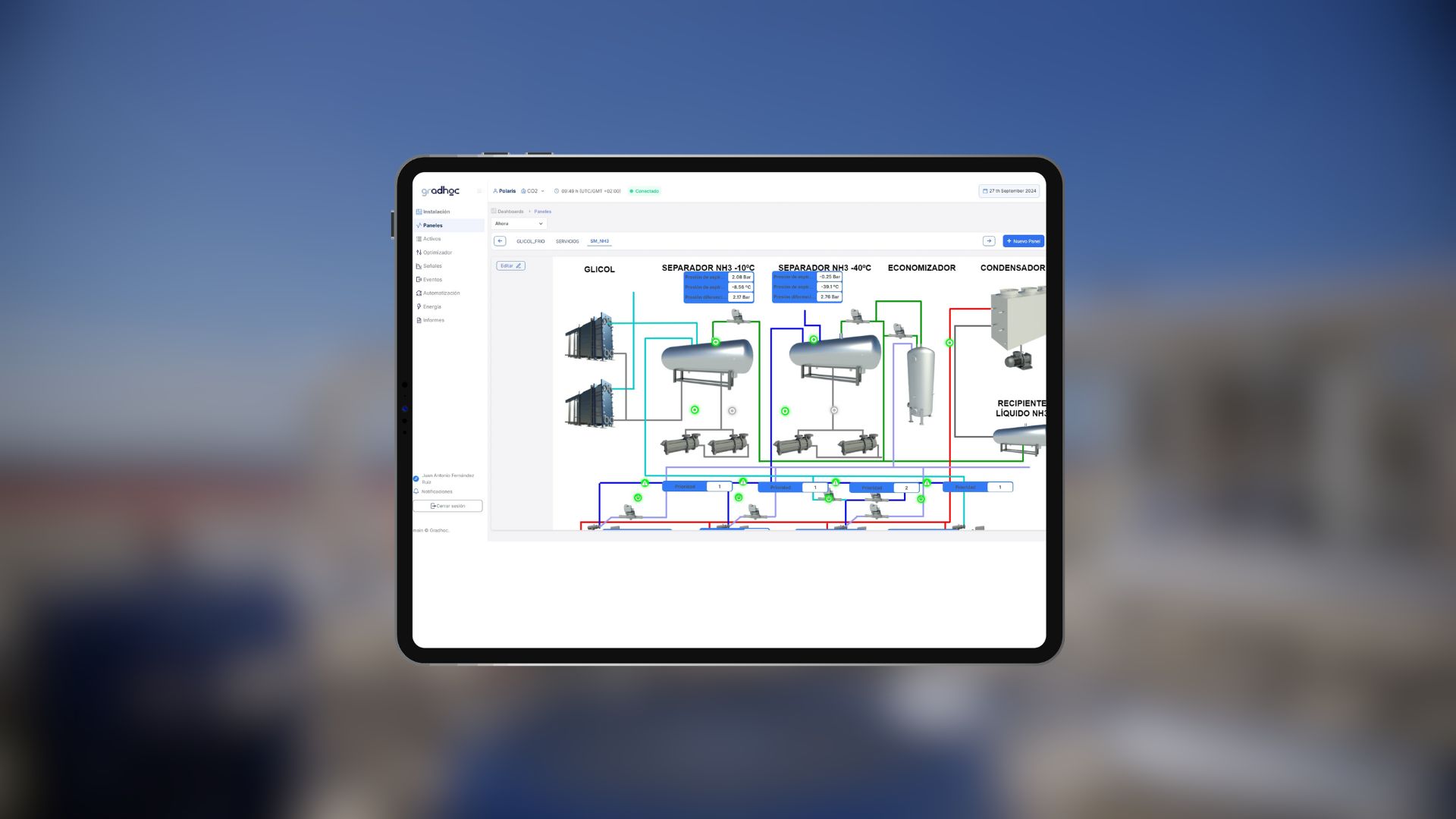
Real-time monitoring and data records. Asset management
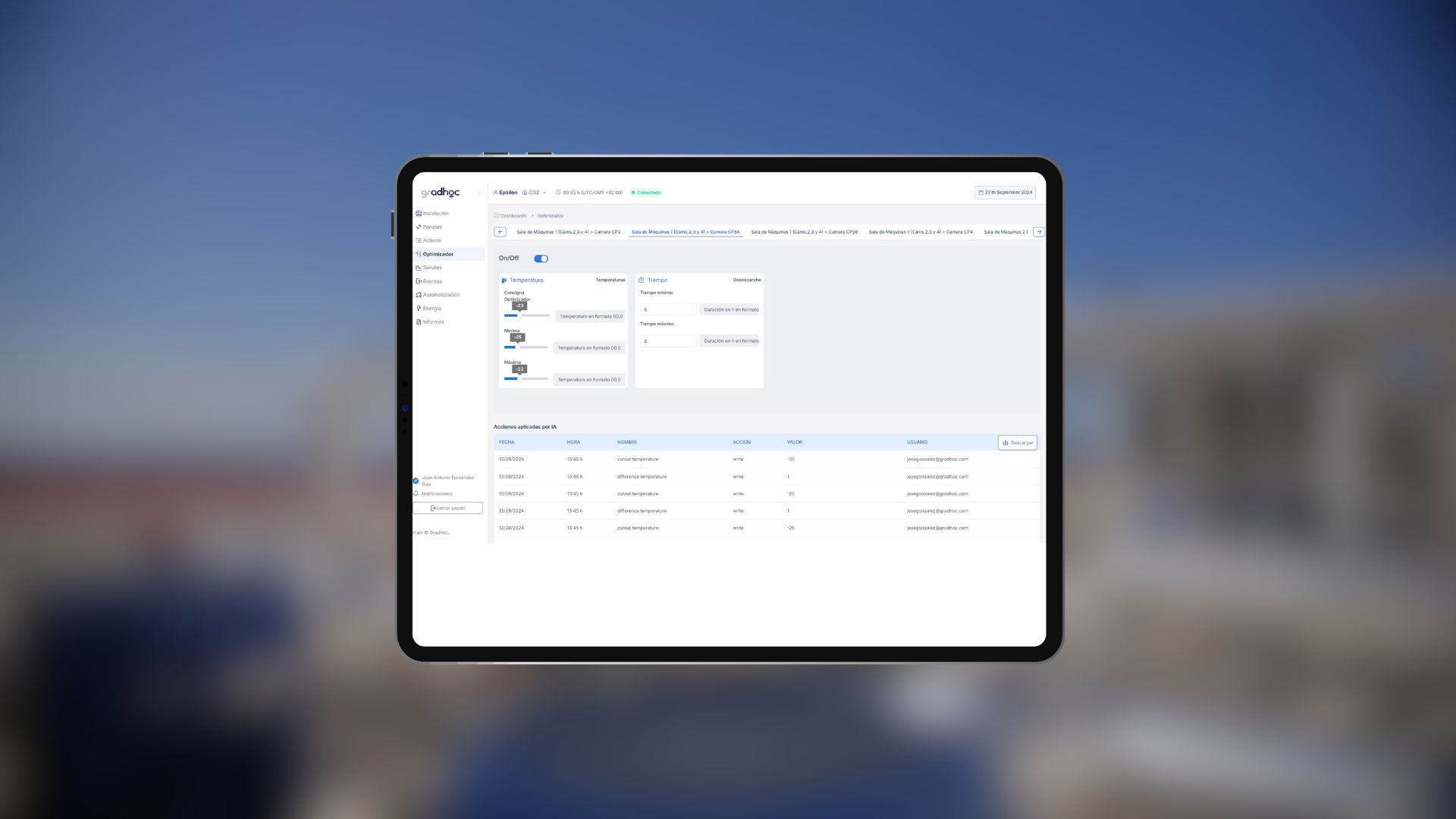
Adaptive temperatures according to the real-time requirements of a specific refrigeration system
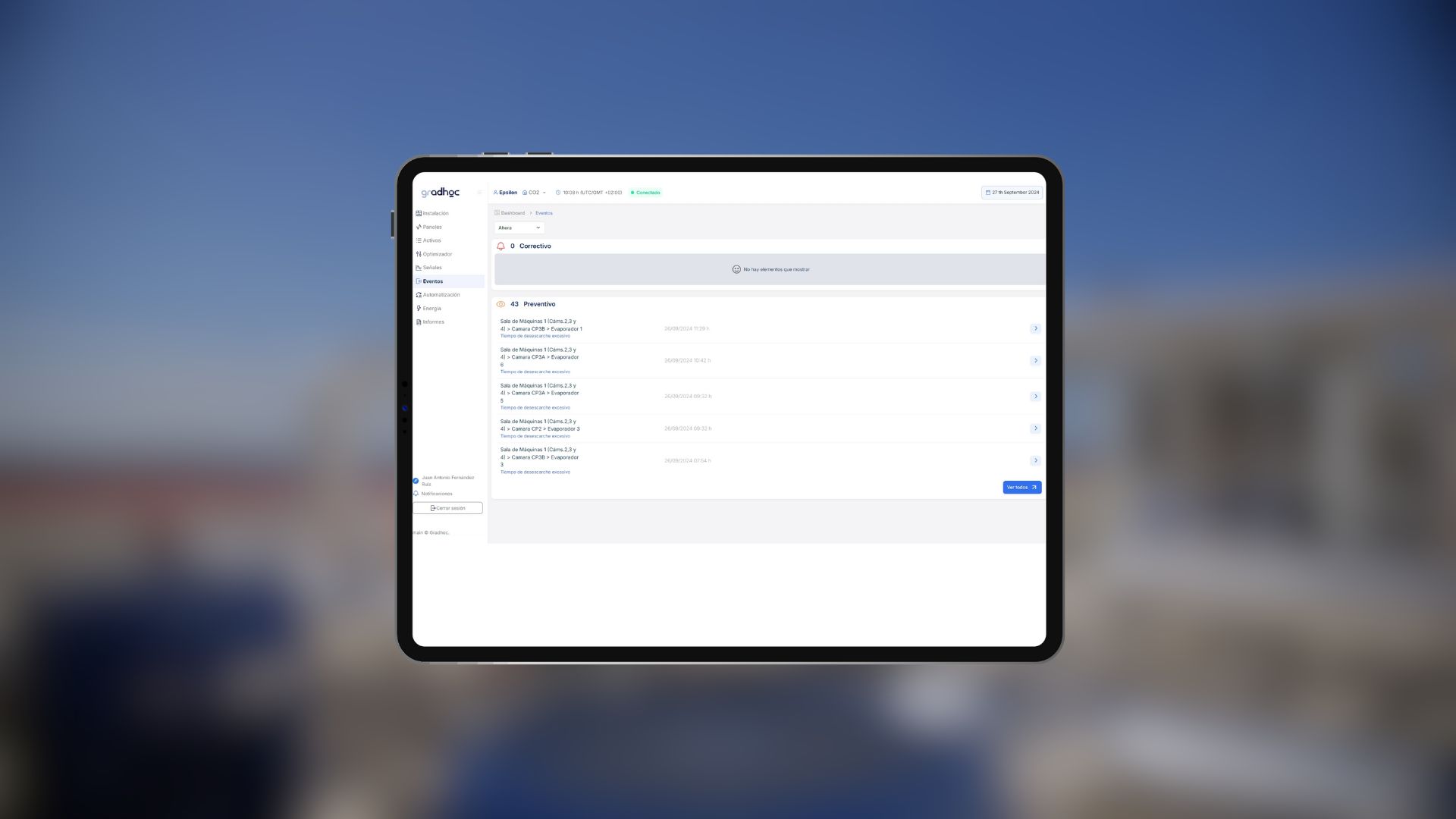
Performs preventive/predictive maintenance, acting automatically before the failure occurs
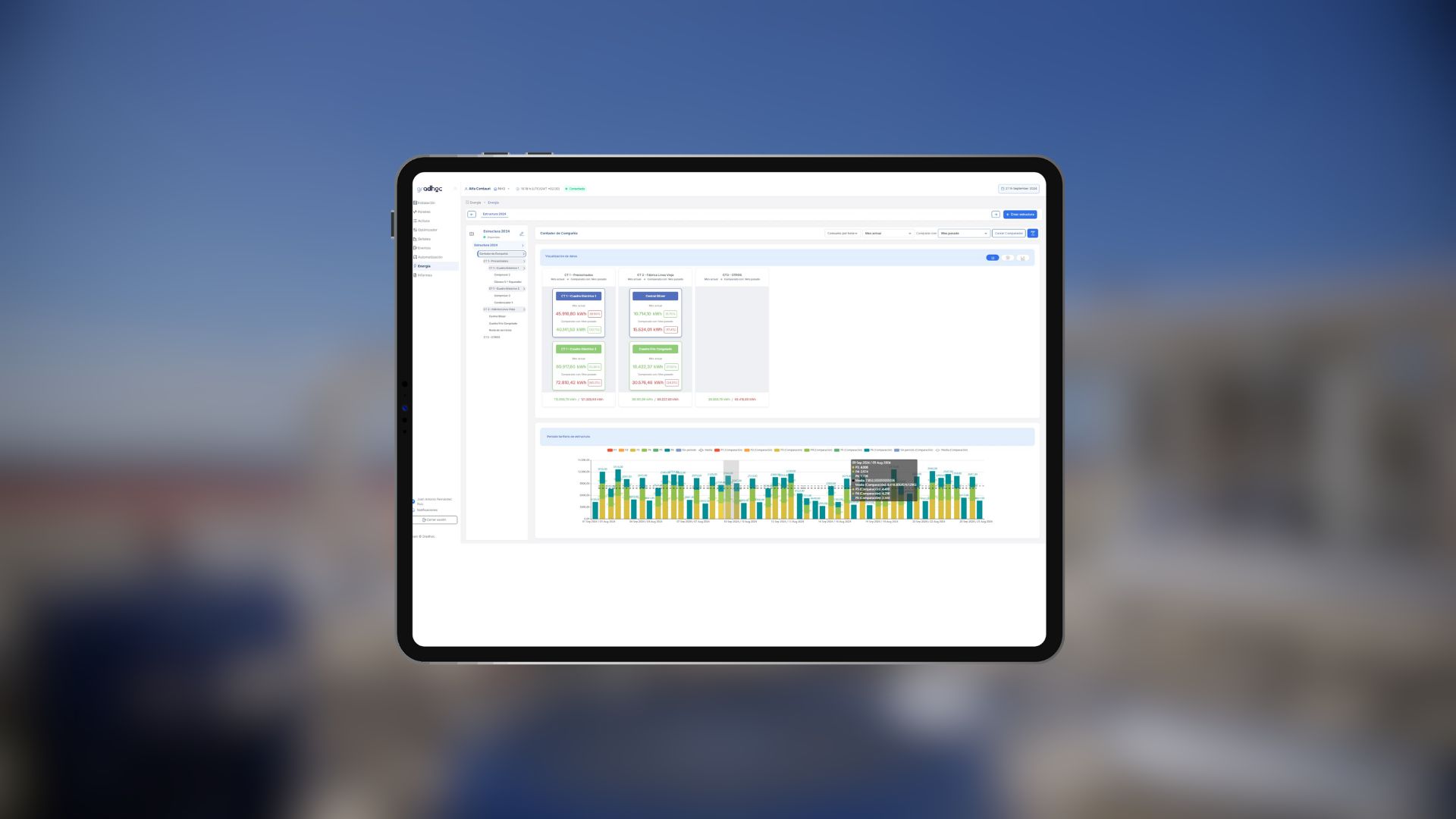
Creation of customized screens displaying the energy consumption. Predicting electric expenses before the bill arrives
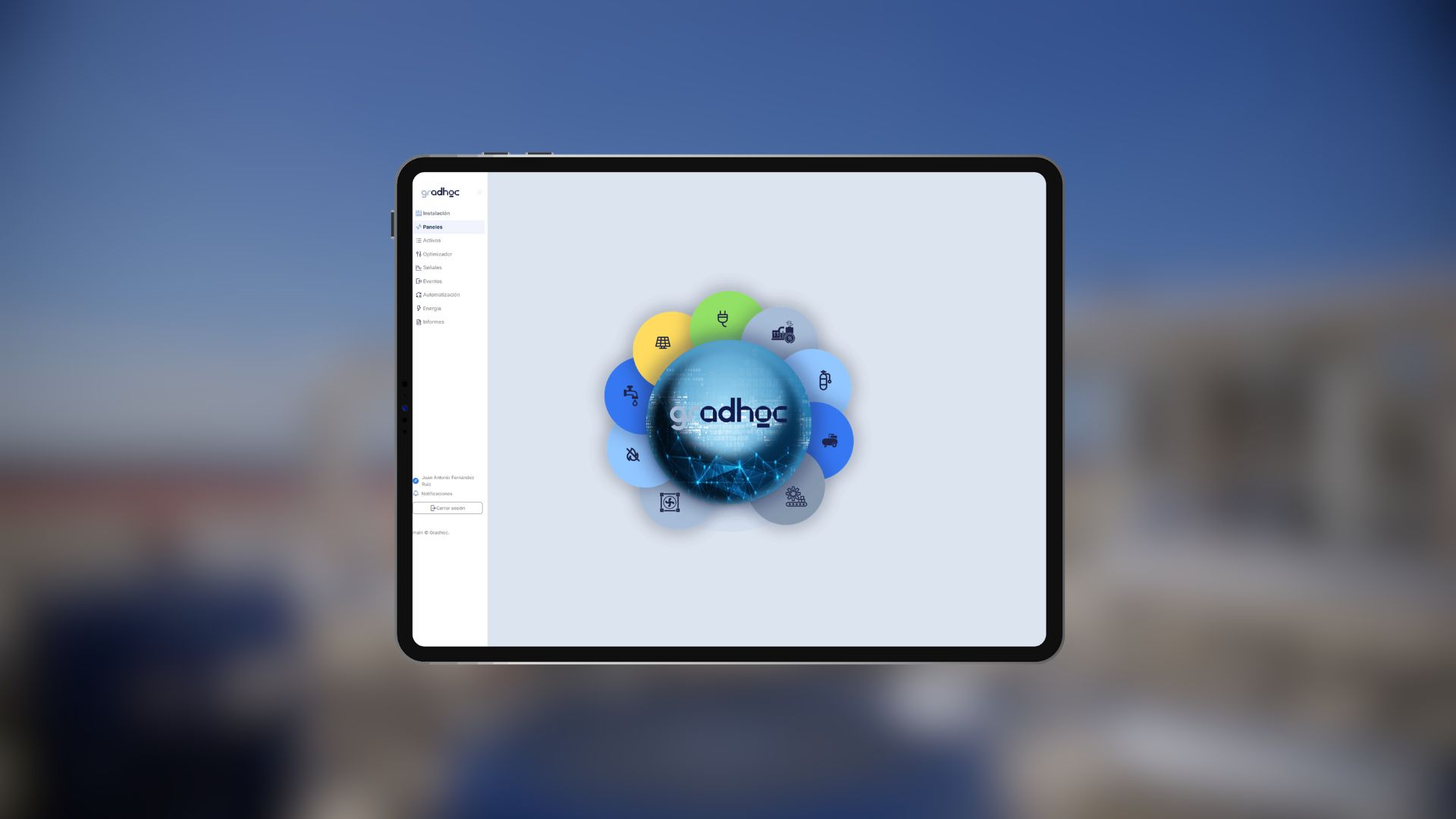
Gradhoc can integrate other energy and process variables: commercial air conditioning, water, photovoltaic...
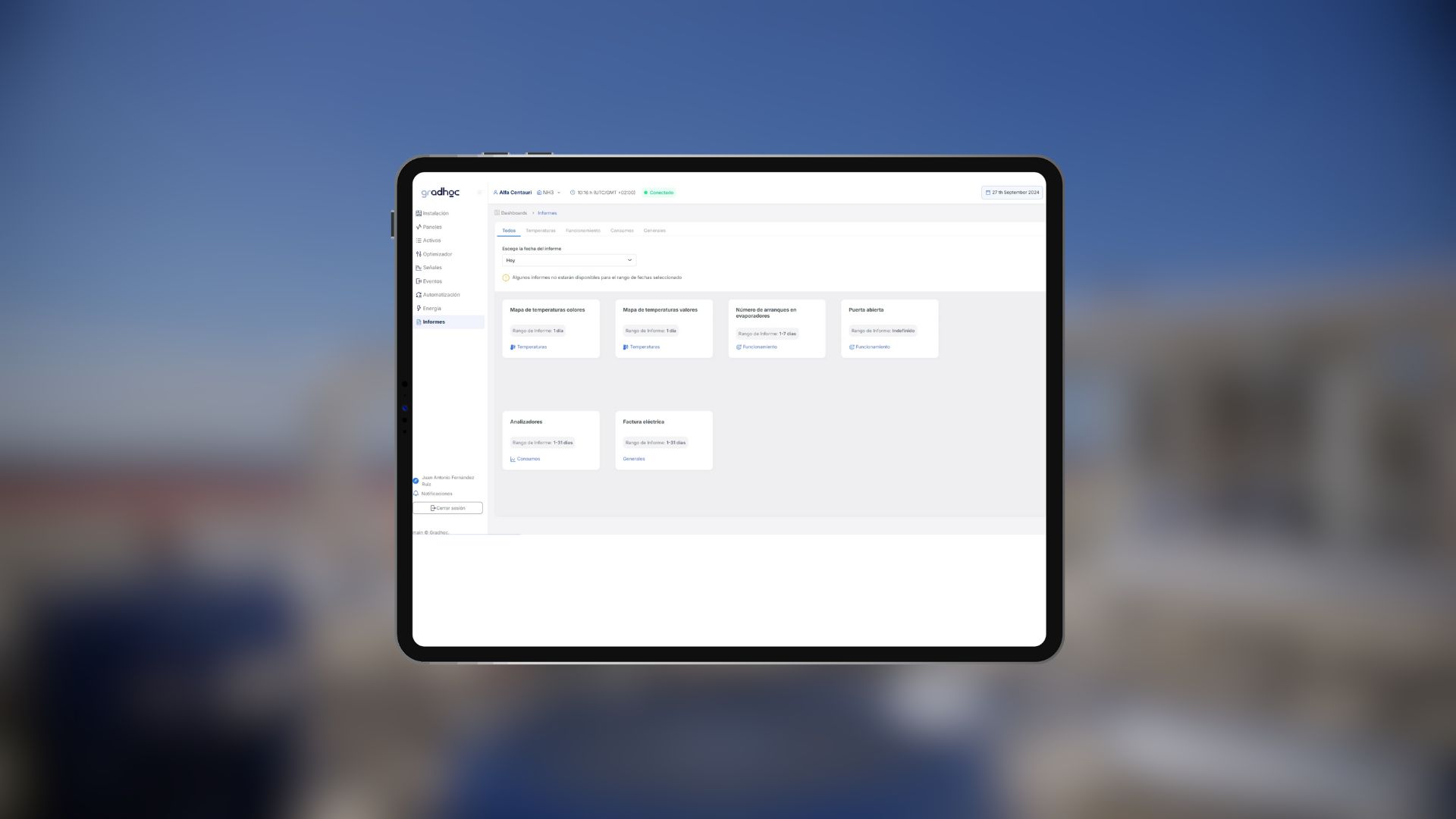
Generation of predefined and ad hoc reports. All your industrial plants managed from a single control panel.
Gradhoc
Will you prepare for change?
Fill out the form to request a demo or a quote